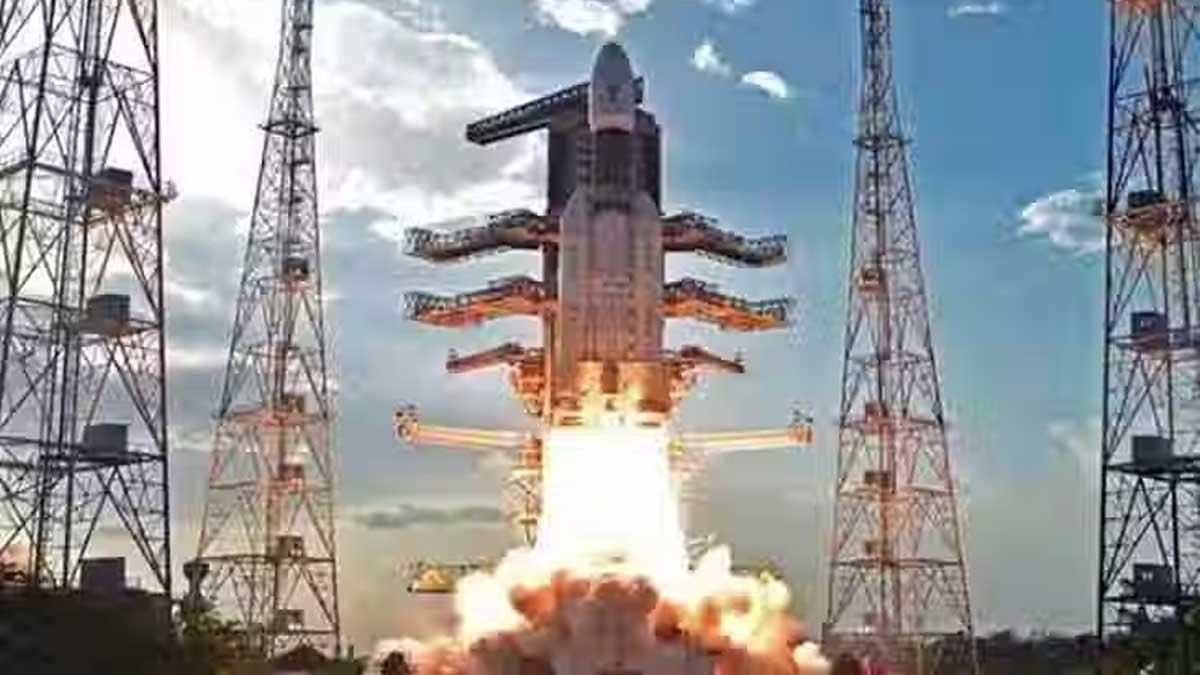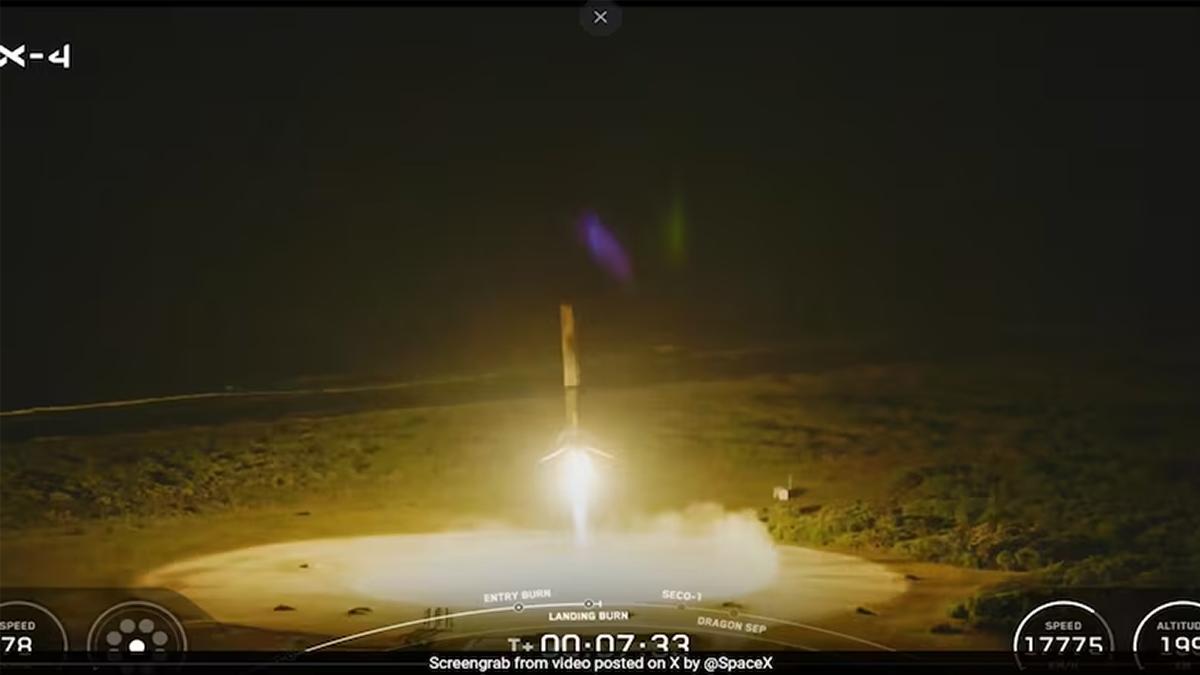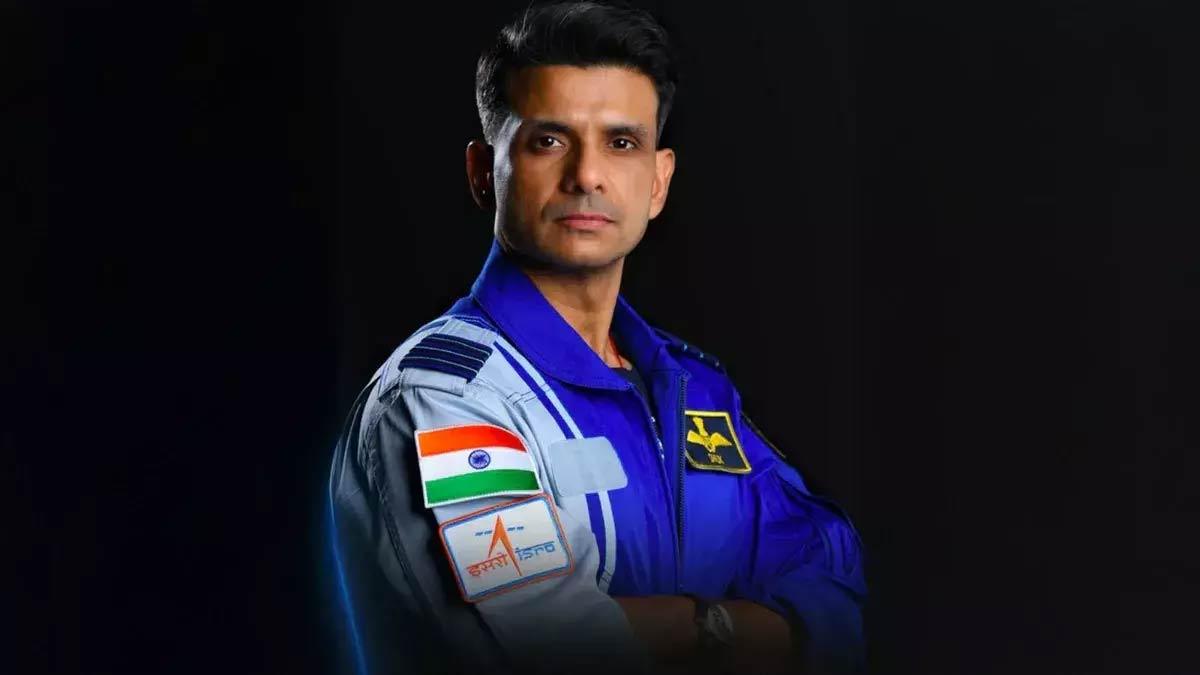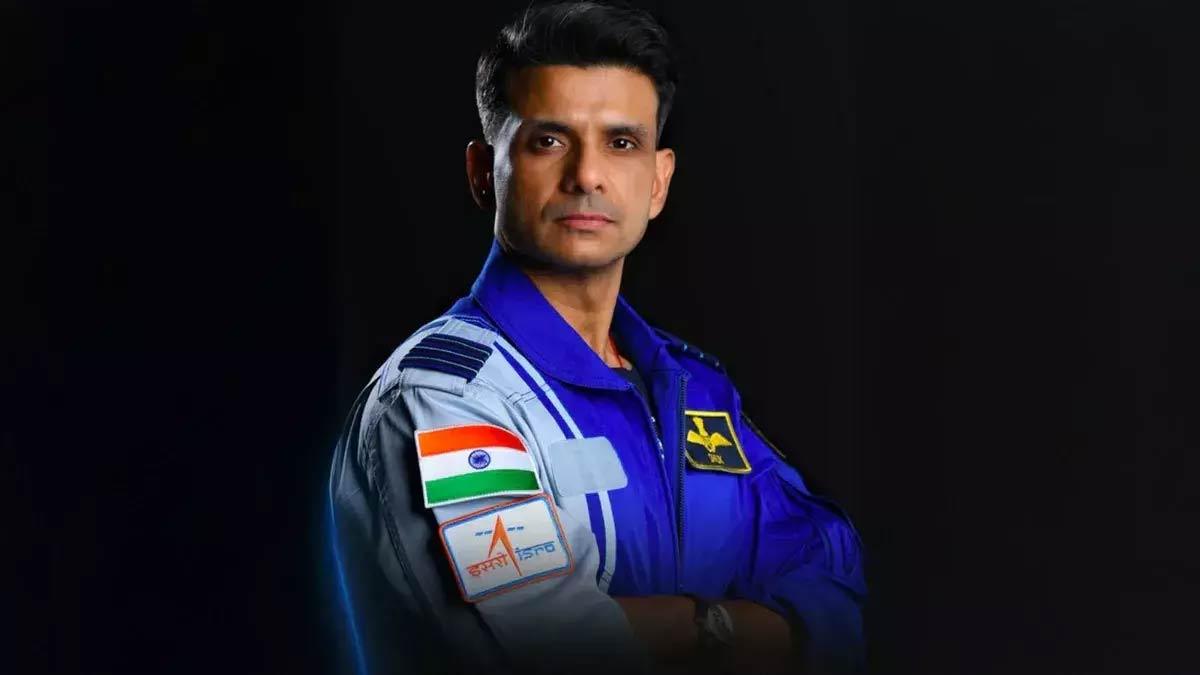The test flight of India's first indigenously made human-rated rocket as part of the ambitious 'Gaganyaan' mission is likely to take place in December 2024, a senior official from the Indian Space Research Organisation (ISRO) said.
ISRO's newest rocket, the Small Satellite Launch Vehicle, successfully placed two satellites—EOS-08 and SR-0—belonging to the space start-up Space Rickshaw in orbit, thereby making Friday morning's mission a textbook success.
This was the third and the last development flight of SSLV.
Chairman of ISRO, Dr. S. Somanath, stated that the development phase of SSLV has been completed.
"Development of SSLV is now complete. We are at the stage of SSLV technology transfer to the industry," Dr. Somanath said.
He further added that the design of SSLV is deliberately kept very simple so that it could easily be produced by the industry.
ISRO's in-house-designed and -developed SSLV is capable of carrying a payload of 500 kg with solid fuel operation.
After the successful placement of India's Earth observation satellite EOS-08, Dr. Somanath gave an update on the Gaganyaan mission: "The three stages of the Gaganyaan rocket have reached the Satish Dhawan Space Centre. The crew module is getting integrated at the Vikram Sarabhai Space Centre, Thiruvananthapuram."
Dr. Somanath has also shared that all systems for the Gaganyaan rocket, codenamed G1, are likely to reach the Satish Dhawan Space Centre by November this year, with December set for its test flight.
It has also proposed to provide complete training on rocket building, while noting that the transfer of the technology for the SSLV to the industry partners for its commercial production is already planned by ISRO.
"We won't just share the designs; we'll transfer the know-how as well. Industry professionals will come to ISRO to learn the entire rocket-building process," Dr Somanath added.
The Indian National Space Promotion and Authorisation Centre, IN-SPACe—the regulatory body for private players in India's space sector—announced last year that ISRO would transfer the technology of its SSLV to private companies.
The process of selection of the industry or consortium of industries is under way.
Dr. Somanath added that it will take about two years for the selected parties to master the technology and produce two SSLVs. In the intervening period, the public sector company NewSpace India Ltd will finance the production of SSLVs.
He said construction of the second launch pad at Kulasekarapattinam in Tamil Nadu has started, and it will take about two years for the facility to become operational.
Read also| Bangladesh's Interim Leader Yunus Reassures PM Modi of Hindu Community's Safety
Read also| India's SSLV Successfully Deploys EOS-08 and Private Satellite into Orbi


















